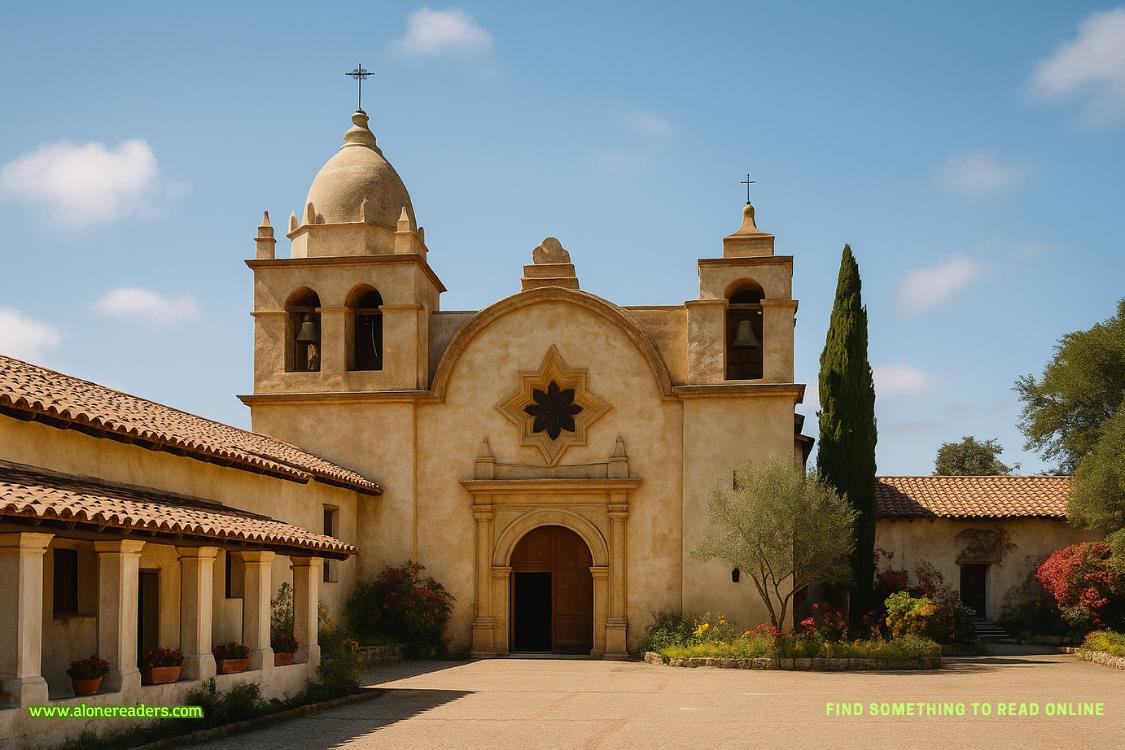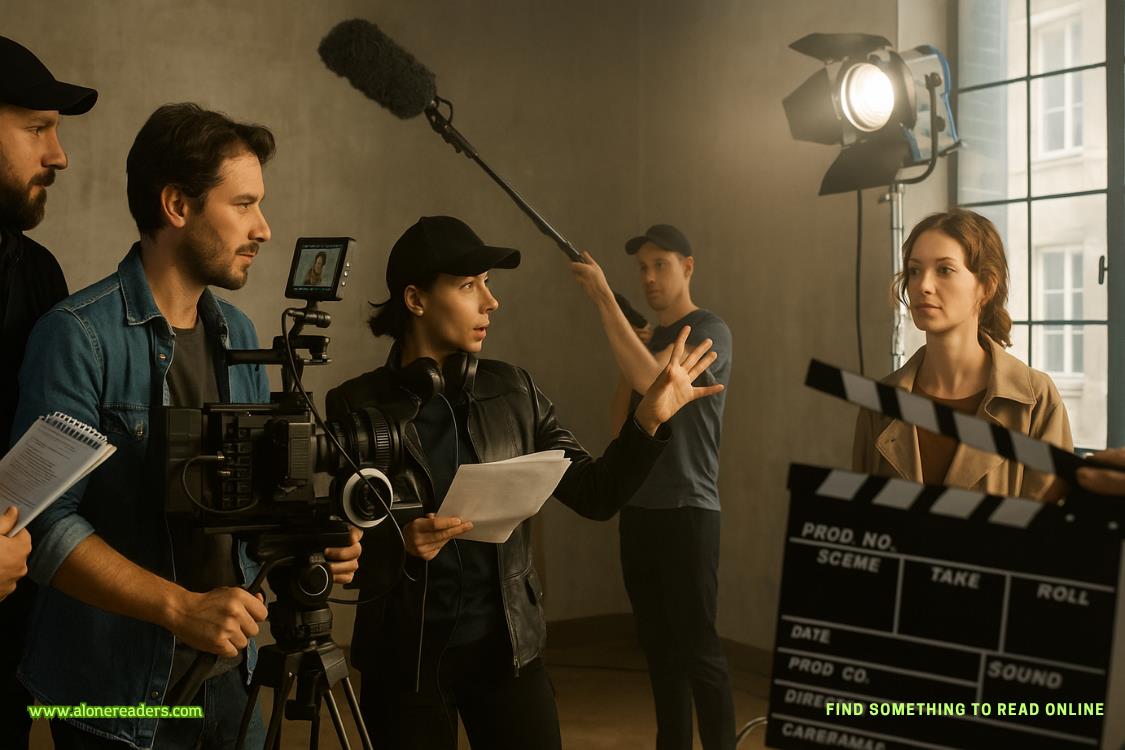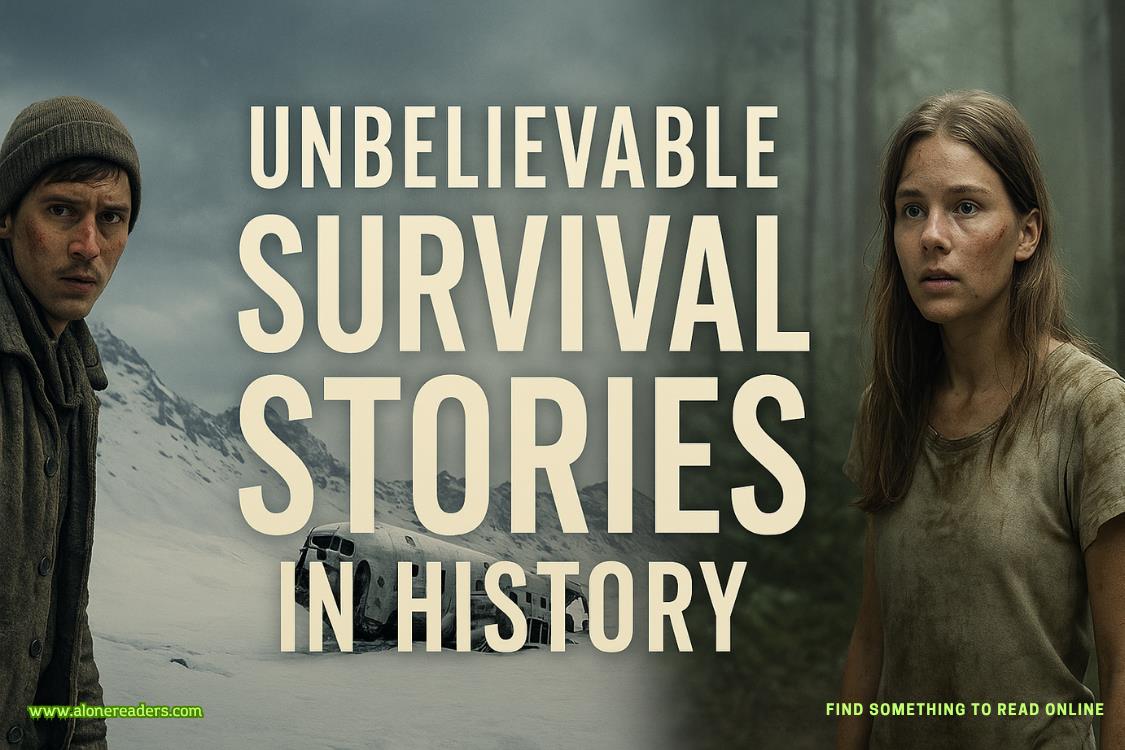Page 41 of The Jasad Crown
Orban used a nasty—and more importantly, prohibited—curse to transform a regiment of Omalian soldiers into ravenous cannibals. The Omalian soldiers turned on one another, leaving eviscerated and half-eaten corpses strung from Abeiyla to Mahair. For six agonizing days, Orban had reigned over the lower villages of Omal, their horde of feral soldiers left to feast on the helpless population.
A victory as briefly enjoyed as it was horrifically earned.
They had broken the laws of war to win the battle, and the arbiters of magic swiftly marched to level the crime. Nizahl soldiers flooded the villages to expel Orban, summarily executing the cursed soldiers. Omal had hailed Nizahl as its hero, despite the fact that Nizahl would have allowed every single lower villager to die if Orban had been smart enough to attack them with a sword instead of a curse.
When he was a child, Marek had suffered nightmares about those cursed Omalian soldiers. Not all of them had been caught. Several had fled from the Nizahl soldiers into Essam Woods, disappearing without a trace. Nobody knew if those soldiers had found the Mirayah, or if it had found them.
Overly pleased with himself, Marek grinned as he leaned against the bedpost. “What does an insignia have to do with the Siege of Six Dawns?”
“That’s not for you to concern yourself with. When the next rotation leaves to quarter in the noble towns, I will send you to the Shinawy manor. Find me the insignia, and I will help you find Sefa.”
“Consider it done,” Marek said, shrugging. Stealing from a spoiled Nizahlan noble family? Marek had expected a challenge. “Aren’t you worried about defying your Commander? If you’re caught, I imagine he will greet your deception with a nice sturdy noose.”
A wall sprang up behind Jeru’s eyes. A wall Marek had bloodied himself against anytime he tried to speak ill of the Nizahl Heir during those weeks in the tunnels. Even Sylvia, who held nothing sacred beyond the coin in her pocket and the aim of her blade, had fortified herself behind it.
It was the wall Marek recognized from his childhood, as one after the other of his siblings signed their lives to the Citadel.
“Focus on your own neck,” Jeru said. “I will arrange your visitto take place at the next available opportunity, and you will report to me what you discover. Hide a single detail, and our arrangement terminates. Understood?”
Unspoken between them was what else the termination of the arrangement would spell: the termination of Marek’s time among the living.
He flipped Jeru a glib, easygoing smile. Living as a fugitive for nearly ten years had increased Marek’s threshold of what properly qualified as a dilemma. He had grown up as Caleb Lazur. For a very long time, he’d called the world of upper Nizahl home. He may not be able to fight like Jeru or use magic like Sylvia, but damn it to the tombs, nobody could charm a sophisticate like Marek.
“Deal.”
CHAPTER FOURTEEN
ARIN
Of the myriad of unpleasant ways Arin had spent his evenings lately, the prospect of dinner alone with his father was the worst.
Dusk painted the Citadel’s gardens in muted pinks and blues. Arin strolled through the groves, dry leaves crunching beneath his boots. He’d been circling the gardens for twenty minutes and passed Isra’s Fountain, the reason for his visit, twice. His feet carried him past the statue of his mother each time he tried to stop.
Arin had not been alone with his father since the night of the Victor’s Ball. A night where Arin had expected a reckoning from the Supreme the likes of which he had never seen before.
But Rawain hadn’t mentioned the small matter of the Jasad Heir. Not then. All he had said was, “You are a Commander. My Heir. No son of mine succumbs to hisfeelingsin the presence of company. No matter how very tempting it is to kill the Sultana.”
This dinner would be the true trial. What Arin had known about the Champion, the circumstances of her selection, the nature of their relationship. Arin would have to sit across from the Supreme and decide whether to reveal the depths of his own dishonor or lie through his teeth.
On his fourth circuit around the garden, Arin finally stopped beneath the shadow of Isra’s statue. Hers was one of seventeen inthe Citadel’s sprawling groves, each statue erected like a guard post across the miles of greenery.
The statue of Arin’s mother gazed out over the gardens. Freshly picked stone flowers bloomed between her curled hands. She was kneeling on the pedestal, her gown flowing over its sides and touching the ground. A delicate sadness lingered in her features.
It was always her sadness that hit Arin the hardest. How telling that a sculptor had mused over which of the late Isra’s most distinguishing characteristics to mold for eternity, and they had chosen her sorrow. Not the fear permanently lurking behind her eyes or the skittish dance of her fingers, both of which Arin remembered just as keenly.
“Forgive me for not visiting sooner,” Arin said. He plucked loose the branches trapped in the folds of her stone dress. “I was away.”
The wind ruffled Arin’s hair. He should start walking to the tower if he wanted to reach the dinner table before Rawain.
Curiously, the idea of turning his back on Isra unsettled him more than arriving late to the dinner.
Ridiculous. A slab of stone did not care that he hadn’t come to see it in months. A slab of stone was not his mother.
“I am still away, I think.” The confession slipped out before Arin could stop it, hiding itself in the fading light. Arin stared at Isra and tried to find the words to explain how the pit of dread in his stomach grew larger each day. War haunted his thoughts, weighed on his bones. Half of Arin was fixed in the future, the other half in the past. It left nothing to spare for the present.
“There was a girl.” Arin’s gaze dropped to the bottom of the pedestal, and he had never felt more like a child in his entire life. “You’ve met her.”
Strange to think of Isra meeting Essiya before Arin, but his parents had paid Usr Jasad multiple visits throughout his childhood. Arin hated himself for wondering whether Isra had liked her.















